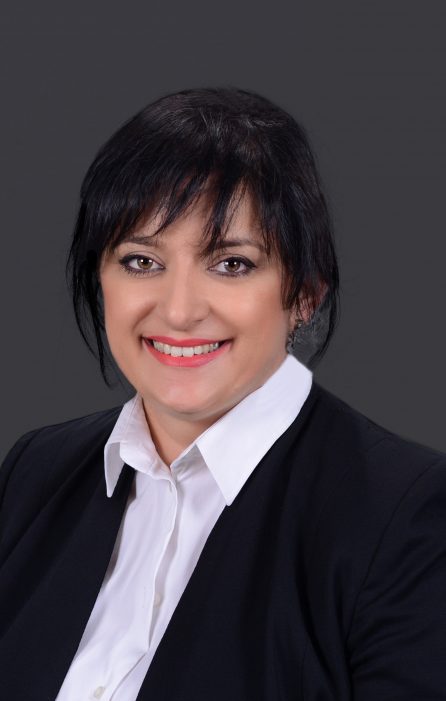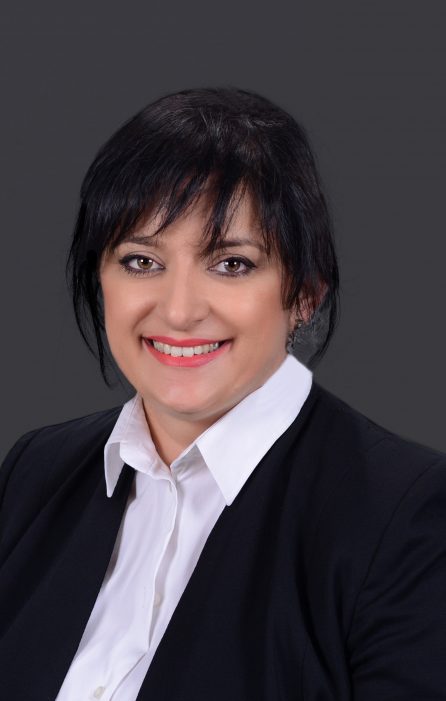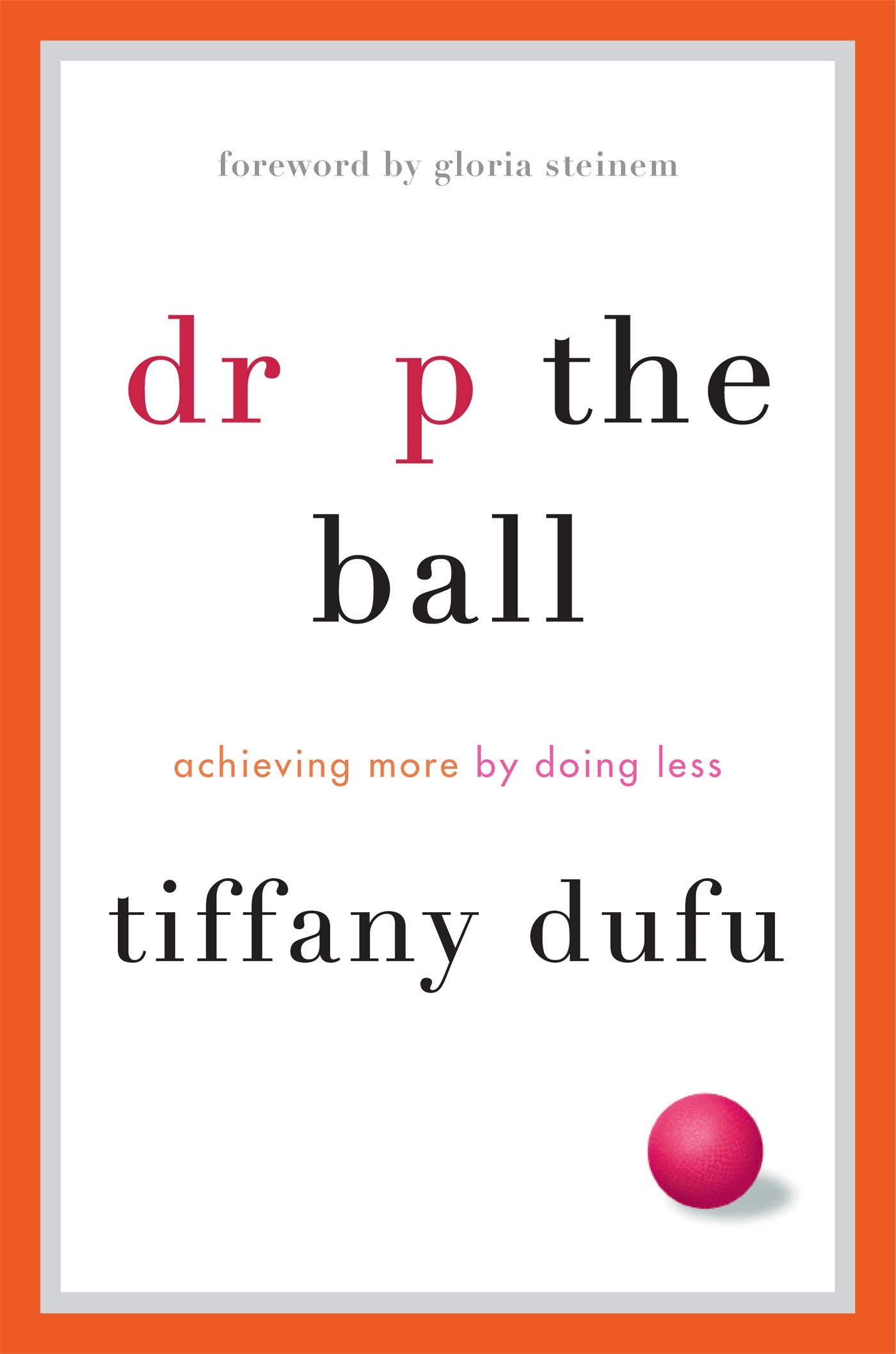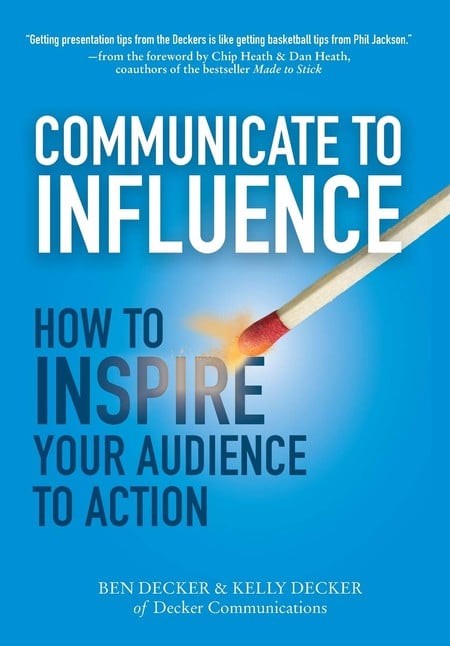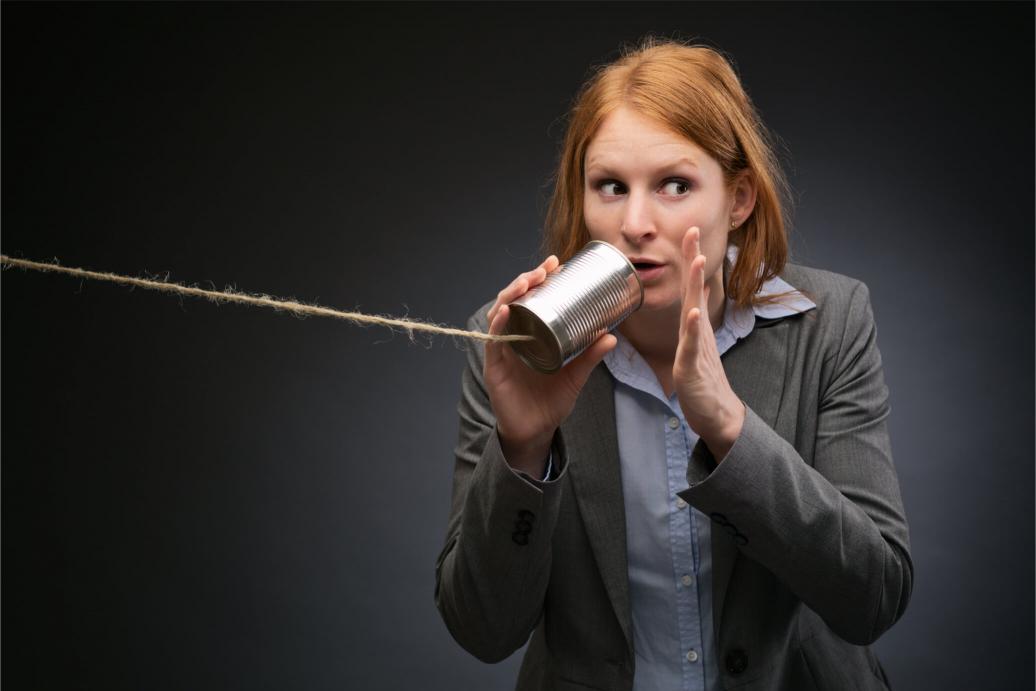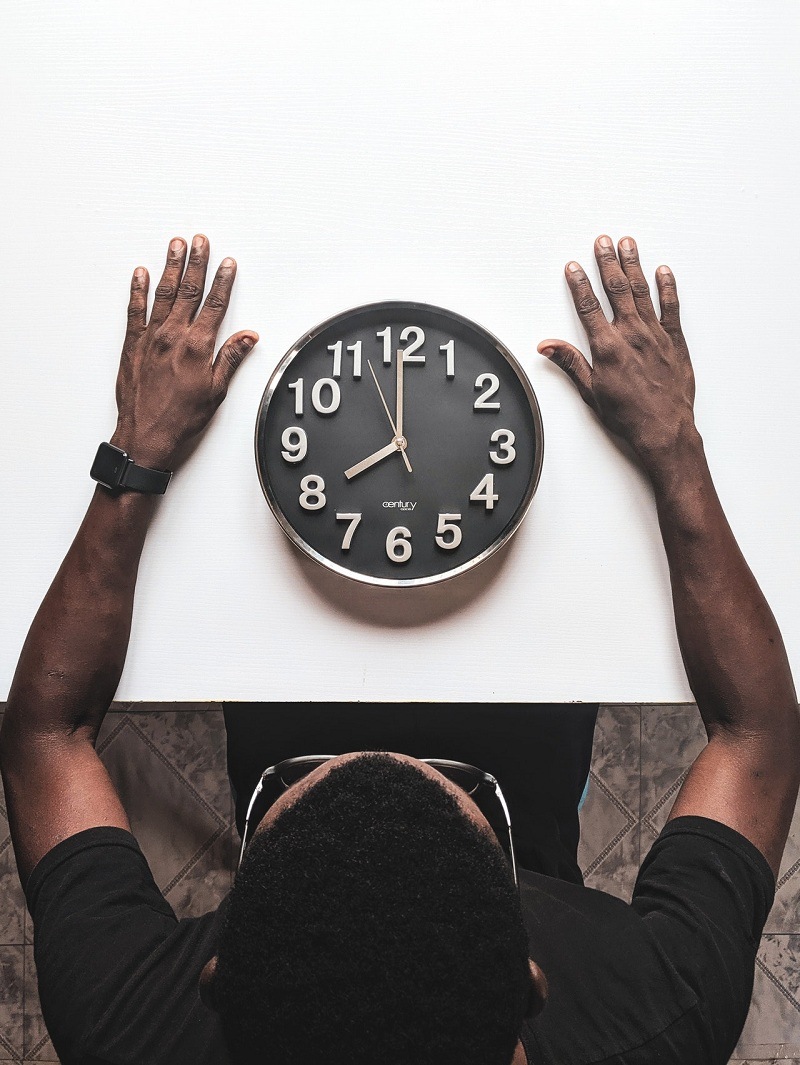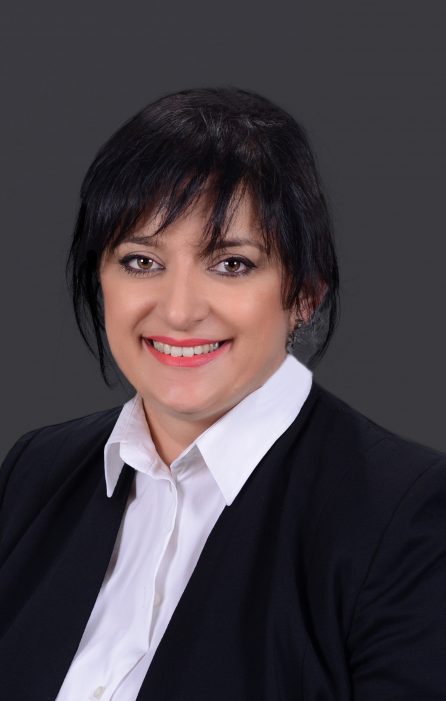Most job seekers put a lot of effort into crafting a resume and preparing for an interview. Here’s what many people don’t spend much time on but should: thank-you emails after interviews.
It’s surprising how many job candidates don’t bother to send a thank-you note, because it really does make a positive impression on employers. It’s a simple step to take, and it can separate you from equally qualified candidates who don’t send a thank-you email after an interview. And yes, you should write a thank-you message after a video interview just as you would an in-person meeting.
If the challenge of crafting a great thank-you email is holding you back from sending one, you’ve come to the right place.
What to include in a thank-you email after an interview
Here are the basic points you should include in just about any thank-you note you send after an interview, and a few optional ideas:
- Express thanks for the interviewer’s time.
- Briefly reinforce why you’re interested in the job and why you’d be a good match.
- Consider adding something that you and the interviewer discussed while getting to know each other that makes the thank-you email more personal.
- Offer to answer any questions they might have.
- Add relevant examples of your work, or suggest a solution to a company problem that came up during your conversation.
- Close your email by reiterating your appreciation for the interview and asking about next steps.
Templates for thank-you emails after an interview
The type of thank-you email you write will depend on what kind of company you interviewed with. This first template for a thank-you email after an interview is short and to the point, but it gets the job done.
Hi [person’s name],
It was such a pleasure to meet you today to discuss [role you applied for] at [company name]. The position sounds like exactly the type of job I’m looking for, and I believe my experience in/with [accounts receivable/Java programming/managing a team] would help me thrive in the position.
If there are any additional questions I can answer, please let me know. Thanks again for meeting with me to speak about this exciting opportunity.
Best regards,
[your name]
If you want to distinguish yourself a little more in your thank-you email, you might try something like this:
Hello [person’s name],
Thank you so much for meeting with me [insert day] and discussing the exciting job opportunity at [company name].
I’m very interested in the position and believe my [two/five/ten] years’ experience [writing marketing copy/managing a sales team/designing websites] would be valuable as your company [is rebranding/courting new customers].
You mentioned that your team is in the middle of an [expansion/migration to the cloud], and I wanted to offer you a few ideas I think would help [briefly talk about your ideas].
You’ll find some links to my [rebranding work/website redesign] at the bottom of this email.
I look forward to hearing from you about next steps in the interview process and would be happy to answer any other questions you have about my fit for this position.
Best regards,
[your name]
The two thank-you note examples above would likely work well for many companies. But if you are applying for a job in a more buttoned-up industry, you might want a slightly different tone. (However, even in a company with a formal culture, a candidate for a web developer position may find that the people she meets are more casual than the client-facing side of the business, so use your best judgement.) If you are interviewing for a financial or consulting position at an accounting firm or somewhere similar, this third option might be for you:
Dear [insert name],
Thank you for connecting with me today to discuss the job opportunity at [insert company name].
I am very interested in the role and believe my skills would be an excellent match for the position as you described it. With more than [three/seven/fifteen] years of [management/financial accounting/investment banking] experience, I could immediately begin to contribute to your firm as it [transitions/expands/seeks new clients].
On a personal note, I really enjoyed talking to you about [our alma mater/love of basketball/interest in cooking].
I look forward to hearing from you soon. Please don’t hesitate to ask if there are any other questions I can answer about my work experience and how I might contribute to your company.
Best regards,
[your name]
Final considerations
The above templates for thank-you emails after interviews should work in most cases. You can also mix and match parts of the sample messages to create a unique thank-you email. There are a few other related things to think about, however:
Write a clear subject line. You can simply write “Thank you for the interview” in the subject line, or something like “Following up on our interview.”
Email multiple interviewers. If you interviewed with multiple people, write a separate thank-you email to each person, though change each note slightly. An easy way to do this is to mention something that only the two of you spoke about — maybe it was your shared love of dogs or the city you grew up in.
Carefully review the email. Don’t send your note without reading it through a few times to make sure you don’t have any typos. Sending a note with mistakes is going to accomplish the opposite of what you want: You’ll distinguish yourself for the wrong reason. You might ask a trusted friend to review it as well.
Time it right. It’s best to send a thank-you email within 24 hours of your interview. Doing so demonstrates your interest in the job. It also keeps you top of mind with those you met with as they consider other candidates.
A closing thought on thank-you emails: Make sure you sound genuine in your note. Consider what you might say if you were saying thank-you in person to make the email a little more personal. Even a formal thank-you email after an interview should sound like it’s from a real person, not a template. Good luck!




